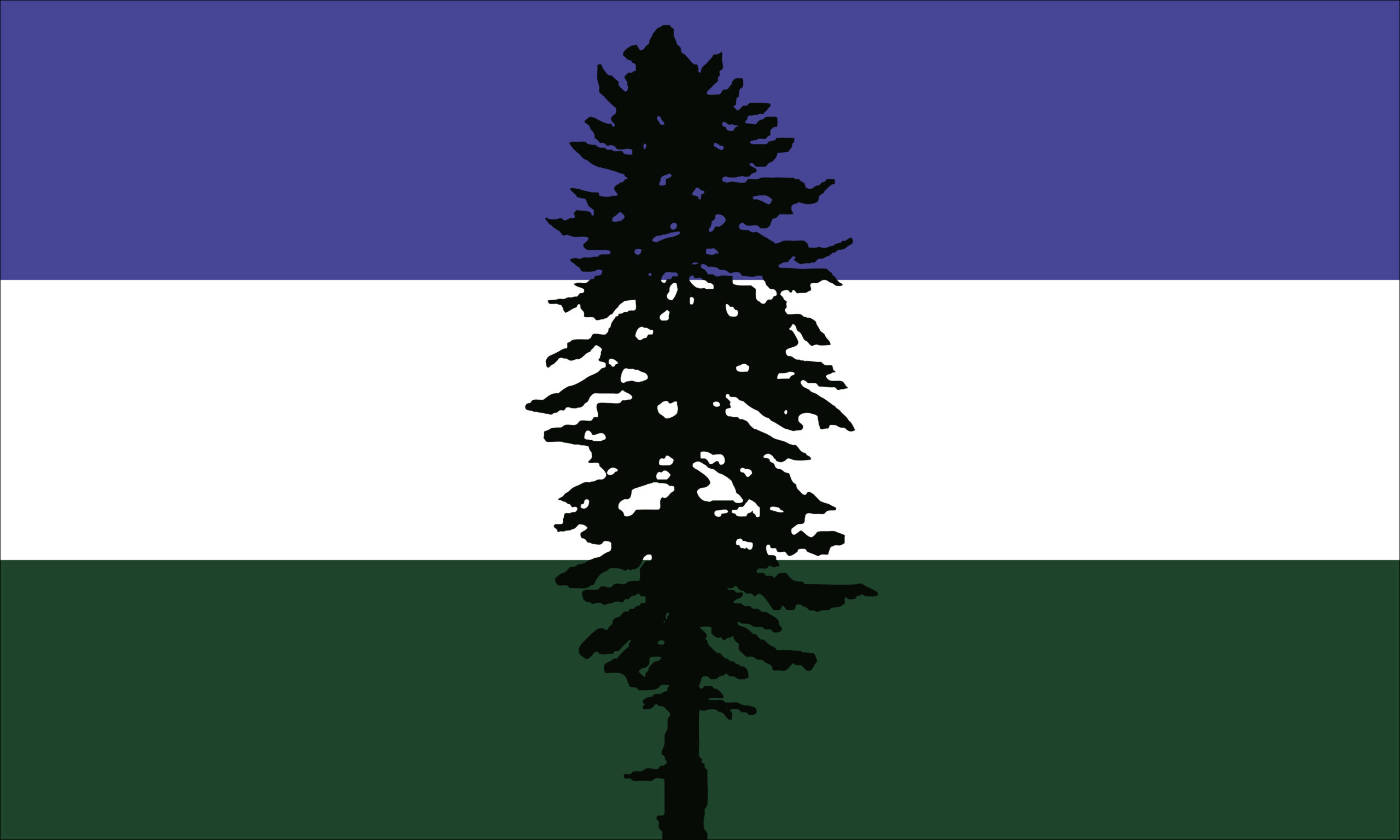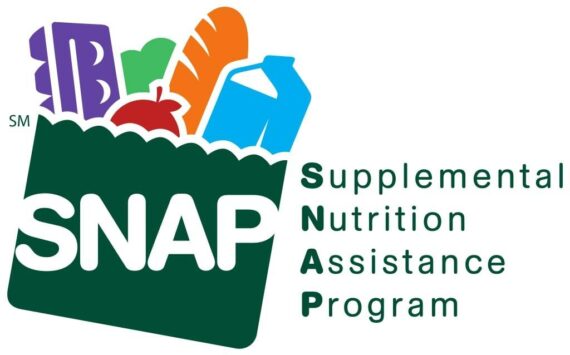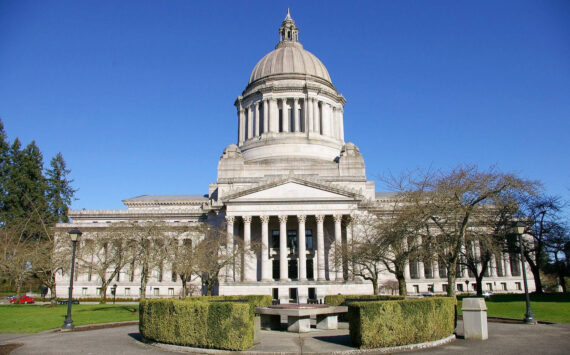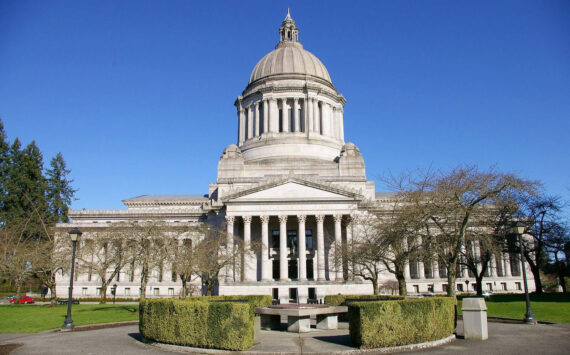By Morf Morford
Tacoma Daily Index
You don’t need to be a genius to know what makes a great neighborhood, city or even state.
It just takes a core group of people and organizations who care and set in motion those positive actions that set off a virtuous cycle. Have you noticed that if one person in a neglected neighborhood starts cleaning up or rehabilitating a derelict property, everyone else (with a few exceptions) gets the message and in a few years (if not sooner) the whole area improves.
The same thing happens in reverse. Either way, our public actions cascade through our communities and ripple through with thousands of intended (or unintended) consequences.
Wallethub did a survey (1*) on innovation across the USA and Washington, by a variety of metrics was judged to be the second most innovative state – second only to Massachusetts.
Here’s a summary of Washington’s credentials –
3rd Share of STEM Professionals
3rd–Projected STEM-Job Demand by 2020
19th– Eighth-Grade Math & Science Performance
2nd–Share of Science & Engineering Grads Age 25+
13th–Share of Technology Companies
7th–R&D Spending per Capita
5th–Venture-Capital Funding per Capita
The Puget Sound area has an abundance of individuals and organizations working together to make our area and community a better, safe and more productive place for all of us.
We have featured many on these pages before. Here are a few more;
On May 3 and 4, the Crosscut Festival presents two days of thought-provoking conversations and innovative thinking, tackling the most important issues of our times. Journalists, politicians, authors, and newsmakers from our community and around the nation come together to take a hard look at the people, policy and events that shape our lives.
Speakers for 2019 include Washington state Attorney General Bob Ferguson, Yamiche Alcindor, PBS NewsHour White House Correspondent, Valerie Jarrett, Senior Advisor to President Barack Obama, Ben Bradlee Jr, Boston Globe , Kim Wyman, Washington Secretary of State and many others. (2*)
I attended the Crosscut Festival in 2018 and found it a rich opportunity for networking and discovery in a variety of regions, business opportunities and projects of all kinds.
On another, more informal and bio-regional front, consider Cascadia.
As their website puts it, “Cascadia is a unique coastal bioregion that defines the Pacific Northwest of the United States and Canada, as defined through the watersheds of the Fraser and Columbia watersheds. It incorporates all of or parts of southern Alaska, British Columbia, Washington, Oregon, Idaho, Montana, and Northern California.


As a movement, Cascadia is a positive and inclusive, place-based movement focused on building autonomous and equitable local infrastructure that is both resilient and sustainable. The movement is based on the idea of transcending arbitrary state borders and shifting our actions and impacts locally.
As an organization, CascadiaNow’s mission is to build a bioregional community that fosters a culture rooted in the love of place, cultural competence, and sustainability. CN! is working to build a network of ambassadors and chapters across the Pacific Northwest and is an umbrella 501(c)3 non-profit for over 20 community projects!
One of Cascadia’s primary areas of focus is the recognition/ acknowledgement of the Native lands we non-Natives currently occupy.
A map and suggested structure for this acknowledgement can be found here – https://deptofbioregion.org/department-of-bioregion/klahowya-tilikum-how-to-open-meetings-and-events-in-cascadia.
(1*) https://wallethub.com/edu/most-innovative-states/31890/ Their methodology can be found here – https://wallethub.com/edu/most-innovative-states/31890/#methodology
(2*) You can find more information here https://festival.crosscut.com/ and see a full list of the speakers here – https://crosscutfestival2019.sched.com/directory/speakers?iframe=no.








